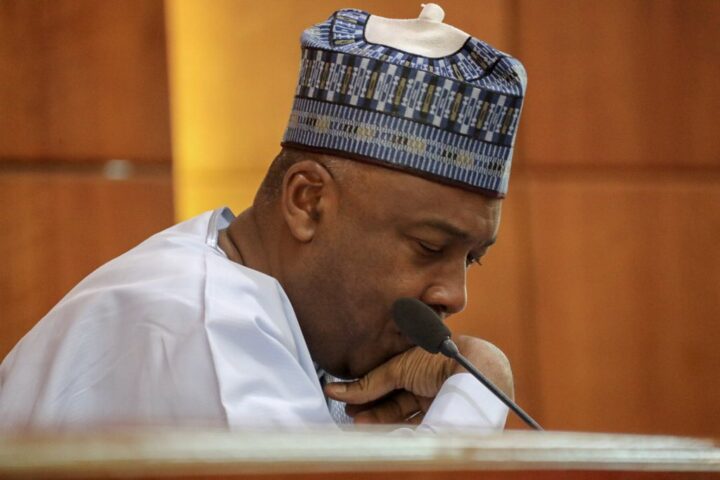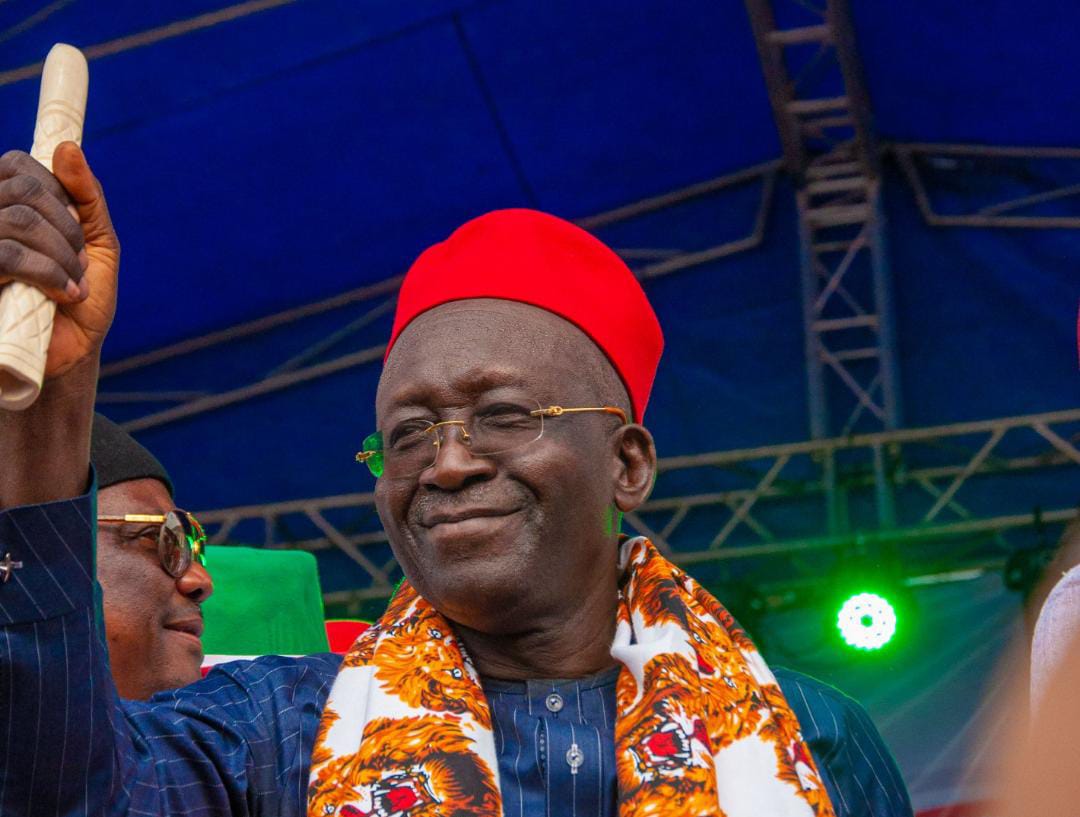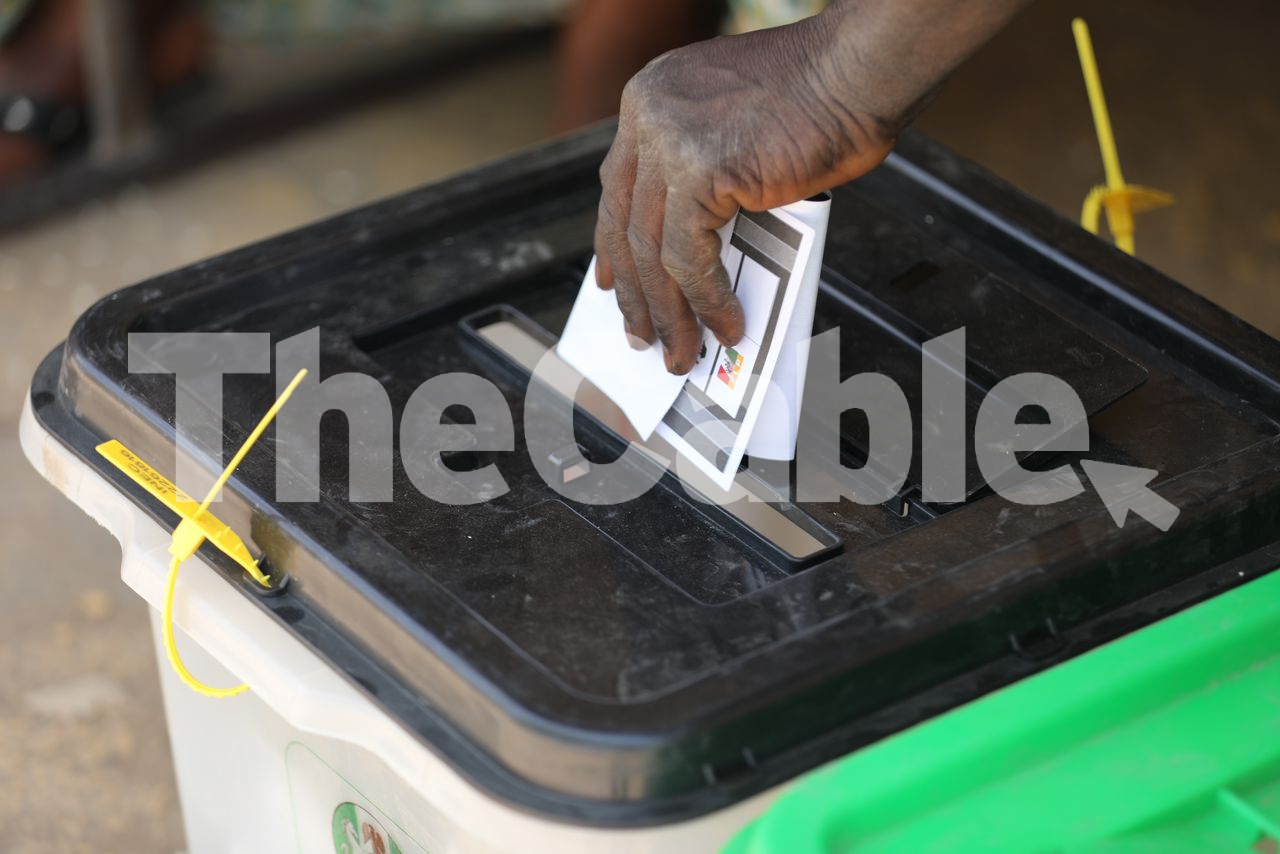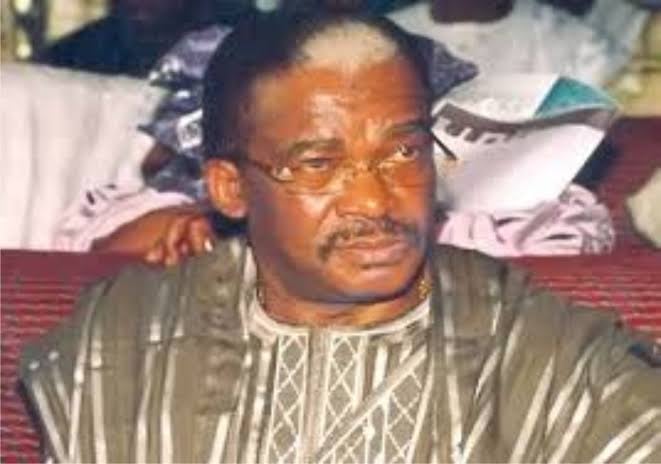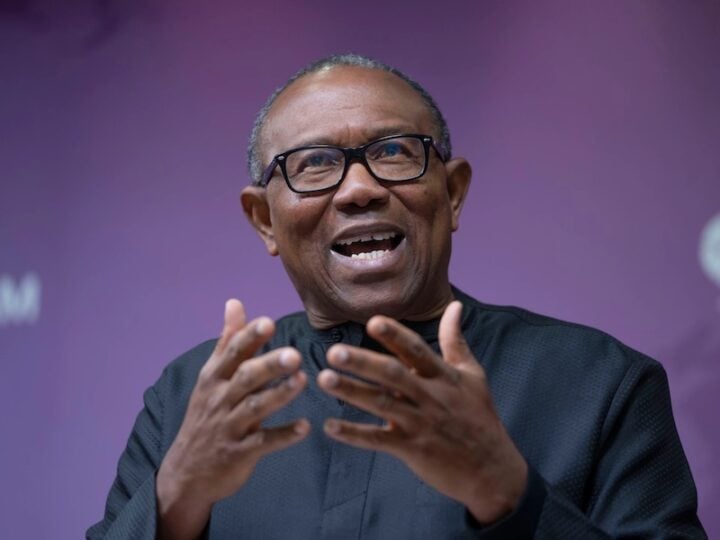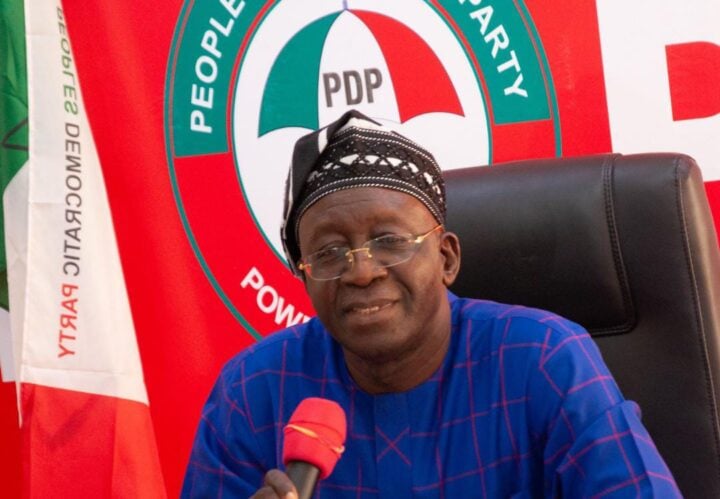The results of the 2023 elections in Kwara state were quite chastening for Bukola Saraki, former governor, former senate president and inheritor of the Olusola Saraki political dynasty.
In the presidential election on February 25, the All Progressives Congress (APC) defeated Saraki’s Peoples Democratic Party (PDP) in all the 16 local government areas.
Although many began to project that the governorship would also go to the APC, there was hardly any boldness to predict that PDP would lose in Saraki’s Ilorin West LGA, much less his ward. But it happened.
Saraki was roundly defeated in all the elections — presidential, governorship, senate, house of representatives, and state house of assembly. It was similar to an earthquake.
Advertisement
“For once, Offa aligned politically with Ilorin, something you never thought could happen in a lifetime,” a member of the PDP from Kwara South told TheCable. He does not want to be named.
‘KWARA GOES WHERE SARAKI GOES’
For context, any party aligned to the Sarakis in the past produced the governor and the winners of most elective positions, both national and local.
Advertisement
Kwara state was created in 1967 by the military government. When the country returned to democracy in 1979, Abubakar Olusola Saraki, a medical doctor, became the godfather of the state politics, at the time covering parts of today’s Kogi and Niger states.
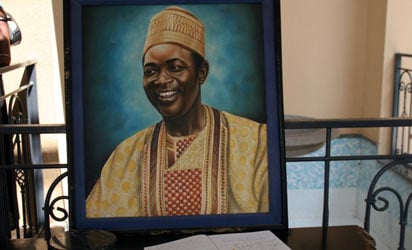
Saraki was in the National Party of Nigeria (NPN). He anointed Adamu Attah as the governor of Kwara and it was a done deal, and he himself was elected into the senate and became senate leader.
In 1983, he fell out with Attah and decided to do anti-party, anointing Cornelius Adebayo of the Unity Party of Nigeria (UPN) for governorship. Adebayo won. There were no questions about who was the real godfather.
The coup of 1983 terminated democracy but did not end Saraki’s reign — when politics resumed in 1989, he joined the Social Democratic Party (SDP) and so did Kwara. There was hardly anything for the other party, the National Republican Convention (NRC), in the state.
Advertisement
Under the Sani Abacha transition programme that was jettisoned after his death in 1998, Kwara was the only state supporting a party called Committee for National Consensus (CNC). Why? That was where Saraki pitched his tent.
At the dawn of the fourth republic in 1999, Saraki decided to take Kwara to the All Peoples Party (APP), a legacy party in today’s All Progressives Congress, APC) and installed Mohammed Lawal, a retired military officer, as governor.
Hence, the saying: “Anywhere Saraki goes, Kwara goes.”
When Saraki fell out with Lawal, or Lawal fell out with him, he decided he had had enough of people “betraying” him and anointed his first son, Bukola, also a medical doctor, for governorship.
Advertisement
There was an outcry outside Kwara about the morality of it, but Kwarans were the least worried as they moved to Saraki’s new party, PDP, and voted massively for his son.
THE ‘O TO GE’ OFFENSIVE
Advertisement
Father and son fell out in 2011 when the issue of succession arose. The father wanted the daughter, Gbemi, to take over from the son, but the son would have none of that. Father and son went to war, and the son prevailed, effectively ending father’s three-decade reign as the godfather.
Although Saraki the father died in 2012 aged 79, Kwara still always went where Saraki the son went — until 2019.
Advertisement
The ‘O To Ge’ movement was born. Translated from Yoruba, it means “enough is enough”.
In 2015, while Saraki was still facing asset declaration charges at the code of conduct tribunal, angry worshippers had hurled stones and sachet water at him during Sallah prayers in Ilorin, the state capital.
Advertisement
They were said to have unleashed several months of pent-up rage over their displeasure with the senator’s leadership of Kwara politics. It morphed into the “O to ge” mantra.
It was an impactful three-word campaign slogan effectively used to end decades of political hegemony by the Saraki dynasty.
It looked like mission impossible but by the time the elections were over in 2019, Saraki had lost his position in the senate — meaning he could not get a chance to return as the senate president, a position he had won against all odds in 2015.
He lost in all four LGAs of the district after polling 68,994 votes against APC’s Ibrahim Oloriegbe’s 123,808 votes. The rejection was so loud that, even in his LGA, Saraki had 30,075 votes as against Oloriegebe who polled 51,531 votes. This was the same senatorial seat he won back-to-back in 2011 and 2015.
Not just that, the governorship had also slipped through his hands as his choice, Razaq Atunwa, was defeated by Abdulrahman Abdulrazak, his old foe.
Atunwa got 114,754 votes (25.31 per cent), trailing behind AbdulRazaq who got a chunk of 331,546 votes (73.12 per cent).
The ‘O To Ge’ tsunami didn’t stop there. The APC also snatched all 24 seats of the state assembly and took over the six house of representatives and three senate seats from Saraki-controlled PDP.
Fast forward to the 2023 elections.
In January 2022, Saraki declared he was going to run for the office of the president under the PDP again. After polling 70 votes in the primary, he was defeated by Atiku Abubakar who had the highest votes at 371, followed by Nyesom Wike with 237 votes.
IT GOT WORSE IN 2023
The ‘O To Ge’ offensive has effectively dethroned him from the status of a kingmaker to a commoner. As things stand, the outcome of the 2023 general election seemed to have nailed the political influence of the family in the state.
Though Bukola managed to win his polling unit in the presidential election, the PDP only secured 29,978 votes while APC won with 47,784 in Saraki’s Ilorin West LGA.
In the end, the PDP secured 136,909 votes, the APC polled 263,572 votes in the state. All the senatorial and house of representatives seats from the state went to the APC.
In the governorship election, Saraki’s party lost all the 16 LGAs in the state to the APC, including Ilorin West. APC also swept 23 of the 24 state house of assembly seats of the state.
IS THIS THE END OF THE SARAKI DYNASTY?
Titilope Anifowoshe, a lawyer and public affairs analyst, in a chat with TheCable, said the 2023 elections broke the last straw on Saraki’s back.
Anifowoshe added that the landslide victory for the APC in Kwara holds so much water on what the PDP needs to learn about the political dynamics of the state.
“The 2023 election in Kwara seems to be the final nail in the coffin of the Saraki Dynasty. Times may change, but there is so much to learn from the overwhelming victory recorded by the APC in Kwara,” Anifowoshe, a Kwara-born lawyer, said.
“Considering allegations of vote buying, it may be too early to attribute the fall of PDP in Kwara to the yearnings of Kwarans for good governance. However, concluding that the political game has changed is safe.”
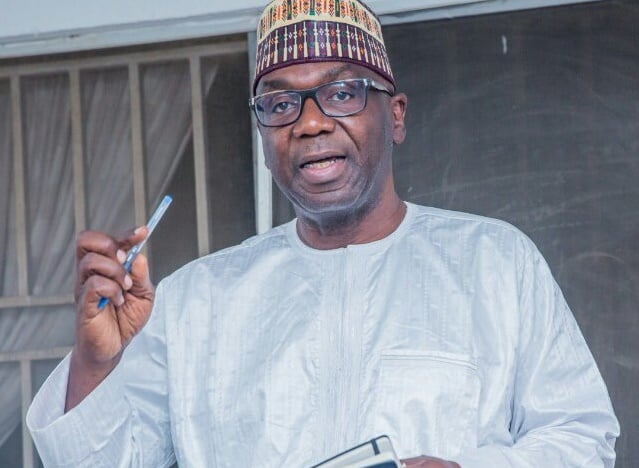
Anifowoshe further argued that the imposition of party candidates ruined the show for Saraki in the contest.
“A huge percentage of Kwara PDP stakeholders were allegedly dissatisfied with the primaries. The primaries that elected the candidates of PDP were marred by the massive imposition from Bukola’s camp,” the lawyer added.
Beyond that, though, there were also complaints by Kwara civil servants about their welfare.
Abdulrazaq, the governor, has paid salaries regularly and also approved promotions on time, some of the workers told TheCable.
“Our promotions were delayed under AbdulFatah Ahmed, the former governor,” a teacher told TheCable.
“Abdulrazaq had made our welfare his priority and there was no way I would not have voted for him. Most of us are happy with him.”
That means the resuscitation of the Saraki dynasty may take much longer, if it will ever happen.
Add a comment
